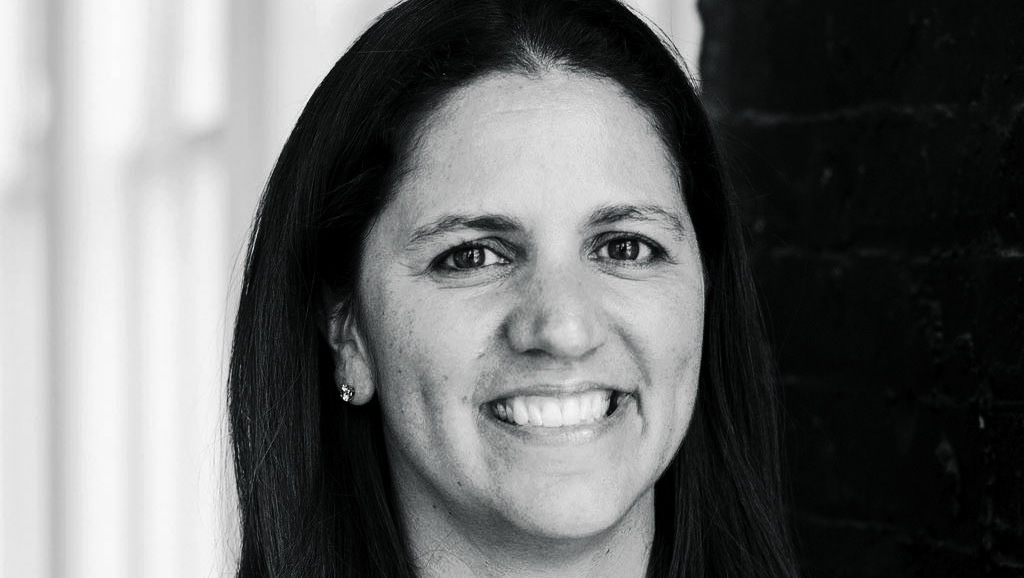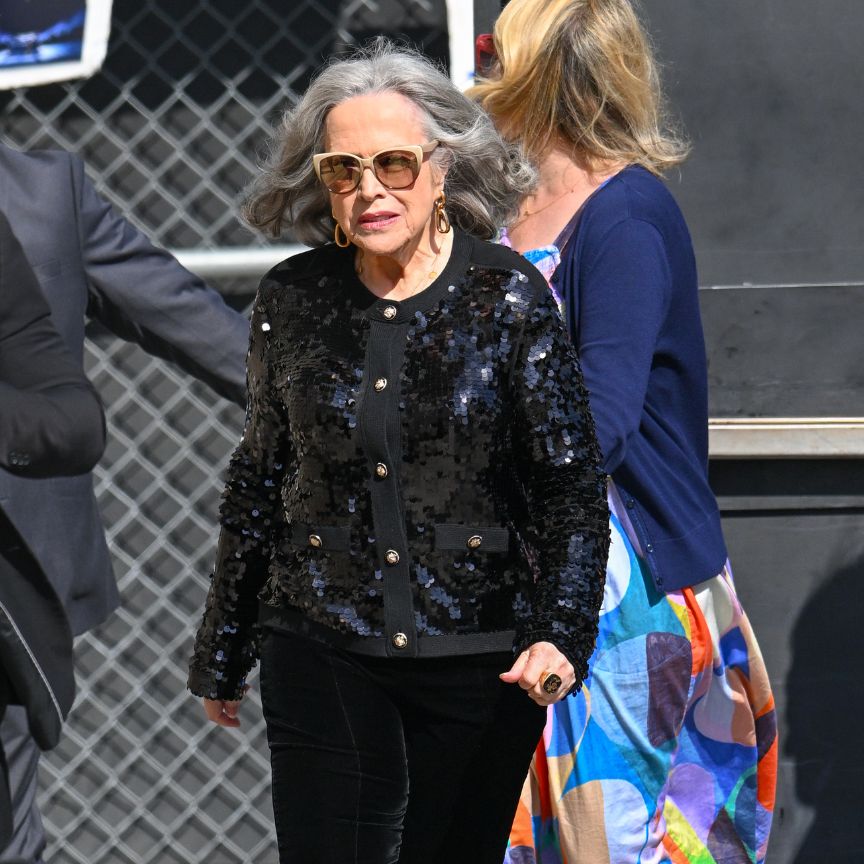Want to Build a Business? Learn to Compartmentalize
Nextdoor cofounder Sarah Leary shares how she scaled her company.

Sarah Leary cofounded Nextdoor, a social networking tool for neighborhoods, in 2011. Today, it's valued at $1.1 billion. Here, she shares how to join, and thrive in, the Unicorn Club.
Marie Claire: When you first launched your company, what were your goals?
Sarah Leary: It was never an explicit goal to reach a certain valuation. We wanted to build something that would improve people’s daily lives. We knew that there was a technology to connect you to your friends (Facebook), business contacts (LinkedIn) and interests (Twitter), but before Nextdoor there was no technology to connect you to the most important community: your neighborhood.
MC: How did you celebrate when you first crossed the billion-dollar mark?
SL: I went right back to work!
MC: What’s your best advice for women aspiring to create a billion-dollar business?
SL: Go after a big opportunity, where there is a clear need, and build something that is unique that you can defend. Women tend to think a little more conservatively when it comes to the size of market. You are going to work hard in any new venture, so you might as well target something that has lots of room for growth.
Stay In The Know
Get exclusive access to fashion and beauty trends, hot-off-the-press celebrity news, and more.
MC: How many "no"s did you get before you got your first "yes" from a major investor?
SL: There were plenty of people who said "no" at first. The entrepreneurial journey is all about how you respond to adversity. Feedback is a gift. It is important to listen, understand why it’s been given, and decide how to respond.
MC: How have you pushed through moments of self-doubt?
SL: When we set out to build Nextdoor, it was daunting to convince that first neighborhood to use our platform. Frankly, it was paralyzing to figure out exactly how we were going to reach the 165,000-plus neighborhoods we are currently in. But, as an entrepreneur, you need to be able to compartmentalize the longterm goals. That way, you don't get overwhelmed in the moment. We did lots of non-scaleable things first, like physically visiting neighborhoods, so that we could figure out what works before we could build a more elegant and scalable solution. True innovative solutions come from those hands-on, non-scaleable experiences.
MC: The #MeToo movement has sparked major cultural changes in business and beyond. What does it mean for female founders?
SL: This conversation has been happening amongst women for years. We are now at a pivotal moment where both men and women are talking and making these important issues part of the public discourse. This might be uncomfortable, but it is critical to get these experiences out in the open, leading more people to be aware because this awareness is what will lead to much needed progress. I hope that awareness, combined with the success of more women-founded companies, will encourage more investors to back female entrepreneurs.
Want to learn more about the Unicorn Club? Hear from other billion-dollar female founders and venture capitalists here.
A version of this story appears in the April issue of Marie Claire, on newsstands now.
-
 Netflix's 'North of North' Transports Viewers to the Arctic Circle—Meet the Cast of Inuit Indigenous Actors
Netflix's 'North of North' Transports Viewers to the Arctic Circle—Meet the Cast of Inuit Indigenous ActorsThe new comedy follows a modern Inuk woman determined to transform her life.
By Quinci LeGardye
-
 Princess Beatrice's Husband Pays a Rare Tribute to These Royal Family Members on Instagram
Princess Beatrice's Husband Pays a Rare Tribute to These Royal Family Members on InstagramEdoardo Mapelli Mozzi shared some behind-the-scenes snaps from the F1 Grand Prix in Bahrain.
By Kristin Contino
-
 Allow Kathy Bates to Convince You to Grow Out Your Grays
Allow Kathy Bates to Convince You to Grow Out Your GraysOne look at her new style and you'll be canceling your root touch-up pronto.
By Ariel Baker
-
 Peloton’s Selena Samuela on Turning Tragedy Into Strength
Peloton’s Selena Samuela on Turning Tragedy Into StrengthBefore becoming a powerhouse cycling instructor, Selena Samuela was an immigrant trying to adjust to new environments and new versions of herself.
By Emily Tisch Sussman
-
 This Mutual Fund Firm Is Helping to Create a More Sustainable Future
This Mutual Fund Firm Is Helping to Create a More Sustainable FutureAmy Domini and her firm, Domini Impact Investments LLC, are inspiring a greater and greener world—one investor at a time.
By Sponsored
-
 So Your Company Is Diverse, Now What?
So Your Company Is Diverse, Now What?Morgan DeBaun, CEO and co-founder of Blavity, shares her best advice for running a multicultural company.
By Morgan DeBaun as told to Maria Ricapito
-
 The Competition for Creators
The Competition for CreatorsCreators hold more power than ever—and companies are taking stock.
By Rachel Epstein
-
 Power Players Build on Success
Power Players Build on Success"The New Normal" left some brands stronger than ever. We asked then what lies ahead.
By Maria Ricapito
-
 Don't Stress! You Can Get in Good Shape Money-wise
Don't Stress! You Can Get in Good Shape Money-wiseFeatures Yes, maybe you eat paleo and have mastered crow pose, but do you practice financial wellness?
By Sallie Krawcheck
-
 The Book Club Revolution
The Book Club RevolutionLots of women are voracious readers. Other women are capitalizing on that.
By Lily Herman
-
 The Future of Women and Work
The Future of Women and WorkThe pandemic has completely upended how we do our jobs. This is Marie Claire's guide to navigating your career in a COVID-19 world.
By Megan DiTrolio